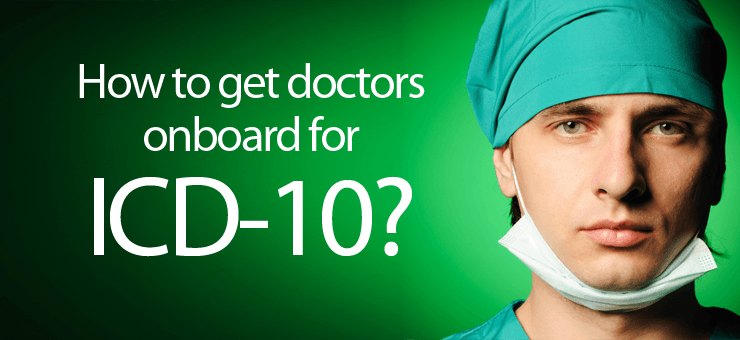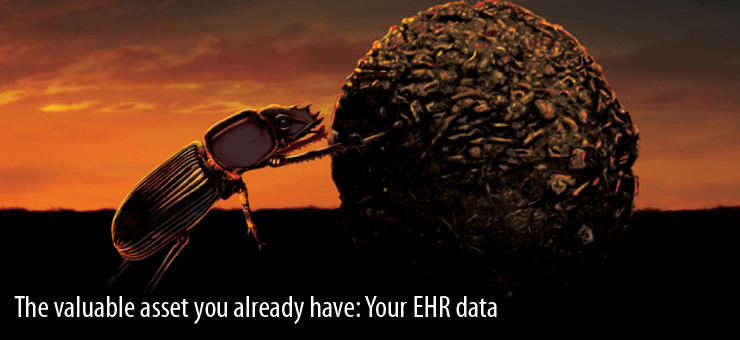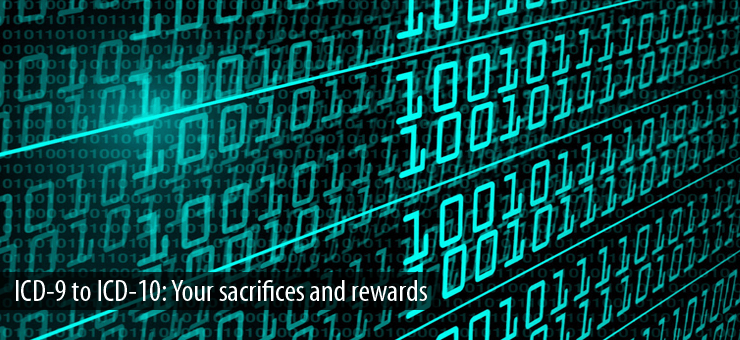Most of the physicians, healthcare providers and hospitals are gearing up for the monumental change in medical codes which takes effect on October 1, 2014. The classification of disease codes collectively referred to as ICD-10, comprise of almost 70,000 codes. This is an increase of more than 500 percent from the current 13,000 ICD-9 codes, and Read more…
Should patients be concerned about their data and privacy?
Nearly every provider, hospital, healthcare center and clearing house is using information technology, even if it is just related to revenue cycle management. More and more entities are now dealing with EHR software and this means an increase in the number of Protected Health Information (PHI) centers. Meaningful Use regulations are also getting stricter every day, and soon Read more…
Healthcare IT: Does it need more encouragement from the government?
The Federal government seems increasingly concerned about the cost of healthcare, which has been on the rise for the last fifteen years, when the Medicare and Medicaid programs were launched. In the 1970s, the Nixon administration decided that the healthcare system was in a crisis and needed sweeping changes. It expanded the number of Health Read more…
Digital Healthcare: Why doctors are skeptical?
Surprising as it may sound, not every physician is ready to jump on the electronic medical records’ bandwagon. Some have concerns about pricing, setup costs and implementation difficulties, while others are not very tech-savvy and cannot handle complex computer systems. But are these the real reasons why they are not switching to healthcare information technology? Read more…
Medical device interoperability: Good or bad?
Recently, an interoperability summit was organized to discuss a big technical challenge: how to improve safety and connectivity for the vast array of medical and information technology that exists in the healthcare industry today. It is a concern which most practices, healthcare centers and hospital networks are struggling to handle. The question arises, why interoperability now, when there Read more…
The valuable asset you already have: Your EHR data
A recent survey by Accenture reveals that the adoption of Electronic Health Record (EHR) software and Health Information System (HIE) is rising in the United States. Despite the fact that most doctors agree that implementing an EHR system does not reduce their operational costs, they are embracing the technology because it helps them make better Read more…
ICD-9 to ICD-10: Your sacrifices and rewards
One of the major areas of concern for practices and providers these days, is the shift from ICD-9 codes to ICD-10 codes. This change, being managed by the Centers for Medicare and Medicaid Services (CMS), has an implementation deadline of October 1, 2014. With less than a year to go before ICD-10 takes over, practices and physicians Read more…
The opportunity cost of a cheap EHR
The biggest selling points of many Electronic Health Record (EHR) software vendors, are improved patient experiences, increase in revenues, efficient workflows and the like. But investing in an EHR software, even if it is not an expensive one, can sometimes be quite taxing on small and medium sized practices with a small number of providers. So Read more…
What does PCMH have to do with ACOs?
Accountable Care Organizations (ACOs) can be defined broadly as groups of doctors, nurses, physicians and support staff who work together on profit sharing basis in order to improve quality of care delivered to Medicare patients. The overall goal of the ACO model is to reduce costs through improved preventive care and disease management. It aims Read more…
Which is the ideal Practice Management software?
Listen to this For something to be ideal, the systems should be in line. Providers have this preconceived notion about using Practice Management software for their day to day workflow, that their PMS will snail down the system. This is an invalid assumption because an efficient PMS will never make the system sluggish for the Read more…






